This article is republished, with Hannah's permission, from her own blog. You can find the original piece here but we are delighted to bring you her thought-provoking opinions, lists, signposting and ideas around allyship.
---
Allies:
- noun. a state formally cooperating with another for a military or other purpose.
- verb. combine or unite a resource or commodity with (another) for mutual benefit.
Allyship:
A lifelong process of building relationships based on trust, consistency, and accountability with marginalized individuals and/or groups of people. not self-defined—work and efforts must be recognized by those you are seeking to ally with.
Why do we need to be Inclusive Allies?
We are all humans. We are all equal. We all need to check our privilege. We need to empathise with the struggle that some people go through. We need to be aware of the obstacles and the barriers in the way of some people on their journey. We need to be aware of the impact of prejudice and discrimination.
#HeForShe and #WhiteAlly are two labels I have heard used in the last few years as the grassroots communities encourage supporters to join their movements for change.
Inclusive Allyship is:
- Men working alongside women to smash glass ceilings and advance gender equality.
- White people working alongside people of colour to smash concrete ceilings and advance racial equity.
- Heterosexual people working alongside Lesbian, Gay, Bisexual, Transgender, Queer and Intersex people to smash the gay glass ceiling.
- Able-bodied people working alongside disabled people to smash the glass disability glass ceiling.
How do we support as Inclusive Allies?
Allyship is about confronting othering, ‘isms’, privilege, prejudice. Allyship is about standing up and speaking out on social justice issues.
I found a great website called Diversability which encourages us to think differently about allyship and I have lifted the below advice from The Guide to Allyship.
How to be an Inclusive Ally:
- Take on the struggle as your own.
- Stand up, even when you feel scared.
- Transfer the benefits of your privilege to those who lack it.
- Acknowledge that even though you feel pain, the conversation is not about you.
- Be willing to own your mistakes and de-center yourself.
- Understand that your education is up to you and no one else.
There is a great article here on 7 ways to be an Inclusive Ally:
- The Sponsor
- The Champion
- The Amplifier
- The Advocate
- The Scholar
- The Upstander
- The Confidant
Allyship will not always be comfortable. We need to get comfortable with being uncomfortable. We need to check our privilege and realise that our momentary discomfort is not comparable to the long term discomfort that people live with. Trauma and tragedy are the lived experienced for many people.
There is an article here on How to be an Ally During Times of Tragedy.
What do we do to be Inclusive Allies?
THE DO’S
- Do be open to listening
- Do be aware of your implicit biases
- Do your research to learn more about the history of the struggle in which you are participating
- Do the inner work to figure out a way to acknowledge how you participate in oppressive systems
- Do the outer work and figure out how to change the oppressive systems
- Do use your privilege to amplify (digitally and in-person) historically suppressed voices
- Do learn how to listen and accept criticism with grace, even if it’s uncomfortable
- Do the work every day to learn how to be a better ally
THE DON’TS
- Do not expect to be taught or shown. Take it upon yourself to use the tools around you to learn and answer your questions
- Do not participate for the gold medal in the “Oppression Olympics” (you don’t need to compare how your struggle is “just as bad as” a marginalized person’s)
- Do not behave as though you know best
- Do not take credit for the labor of those who are marginalized and did the work before you stepped into the picture
- Do not assume that every member of an under-invested community feels oppressed
There are 10 Things You Can Do to be an Ally:
- Listen
- Get educated
- Get involved
- Show up
- Speak up
- Intervene
- Welcome discomfort
- Learn from your mistakes
- Stay engaged
- Donate
For teachers and those working in education, we need to consider the impact we can have in our classrooms and our schools.
We need to be the change in teaching tolerance and acceptance, we need to celebrate diversity and create a sense of belonging for all identities. We need to ensure that our environments and physically and psychologically safe for everybody. We need to have the big conversations about the world to equip everybody with the knowledge, skills and values to navigate society.
There are some tips on how to be a teaching tolerance ally here.
For leaders, being an ally is a journey. Even the most inclusive leaders admit they have room to grow. The work never stops, yet it is your choice to start, to practise, and to be better every single day.
---
You can read the interview with Hannah here and remember that to know more you can go to her website or read some of her thought-provoking pieces in her blog. She is also very active on Twitter and has a Youtube channel!

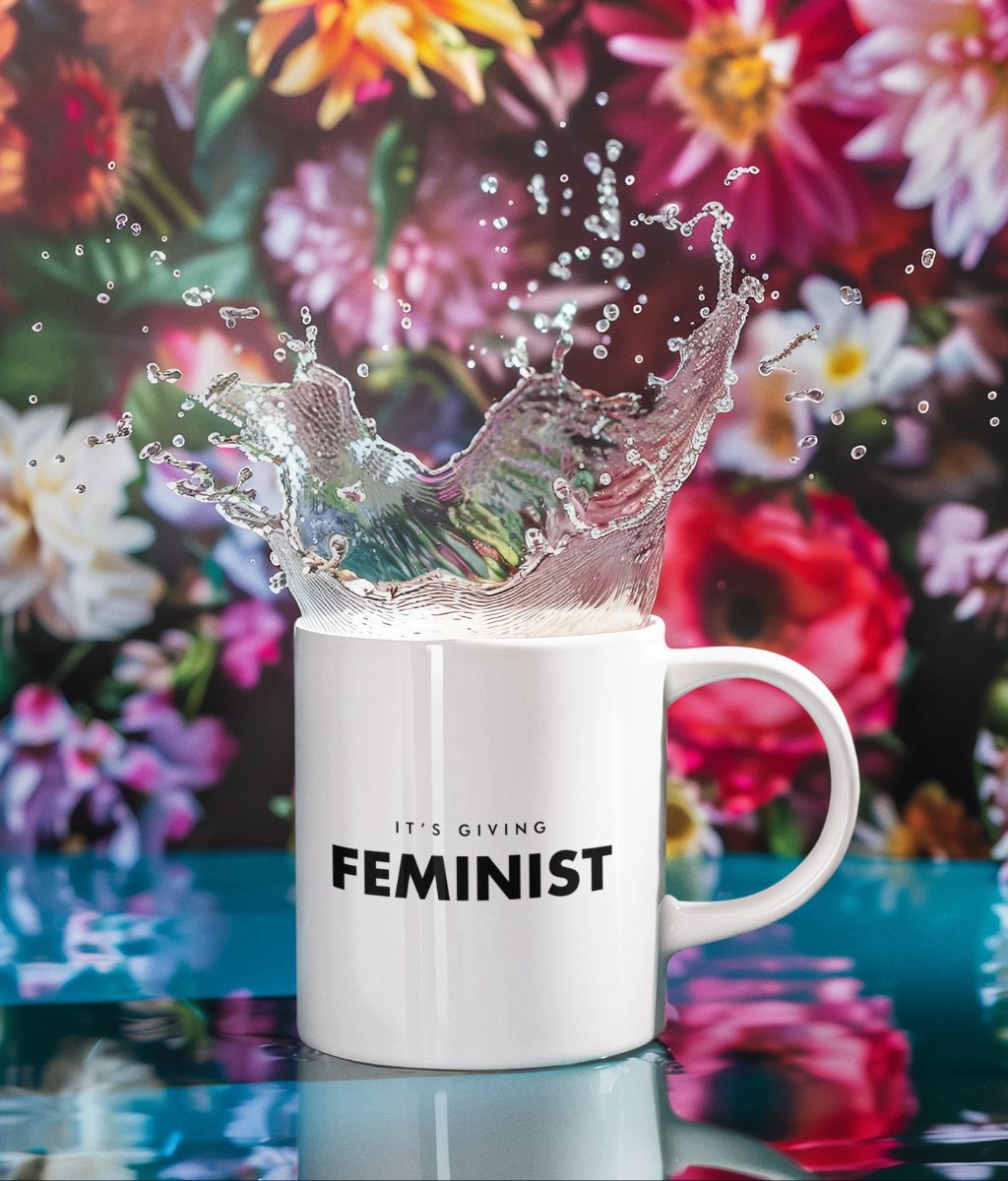

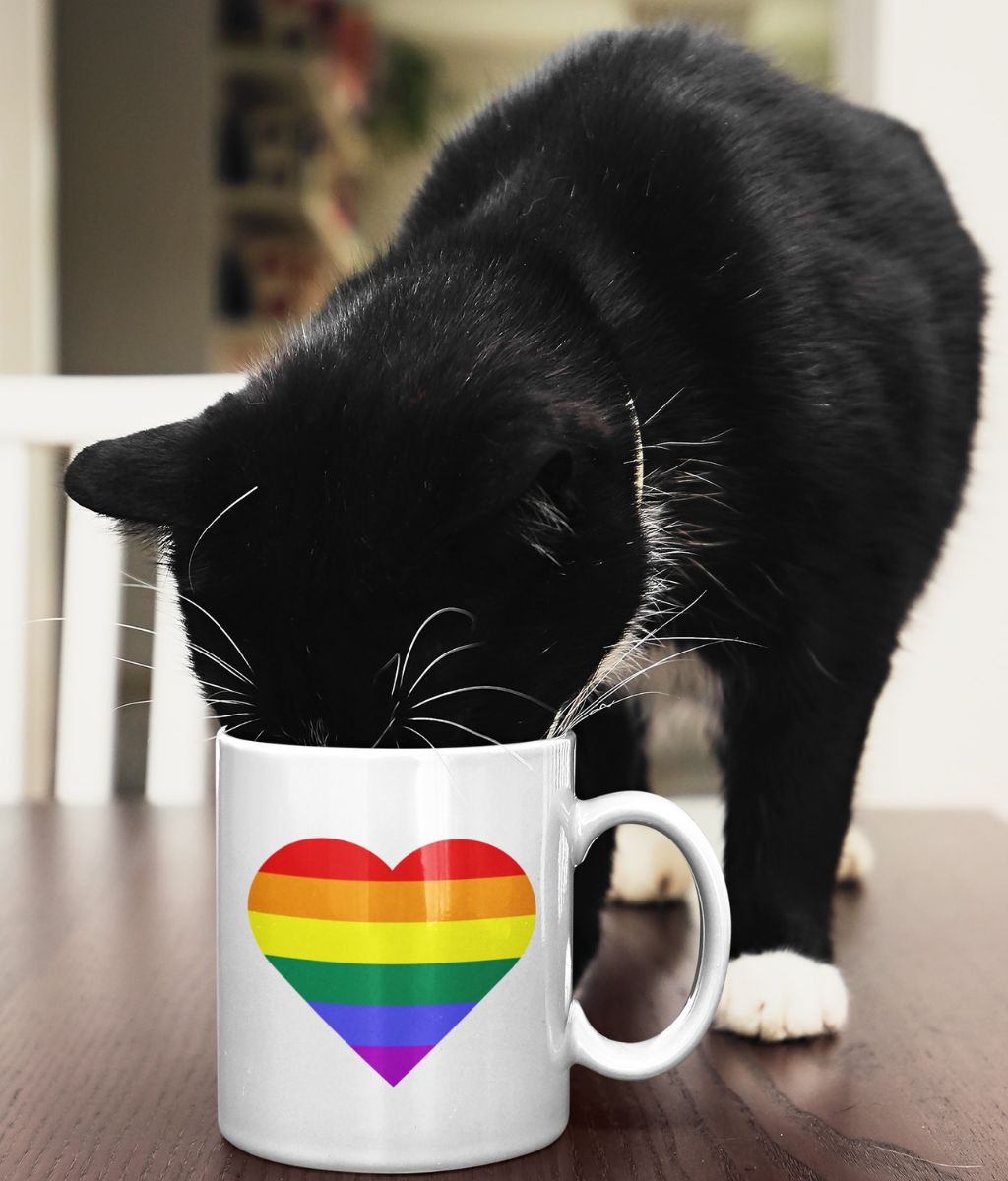
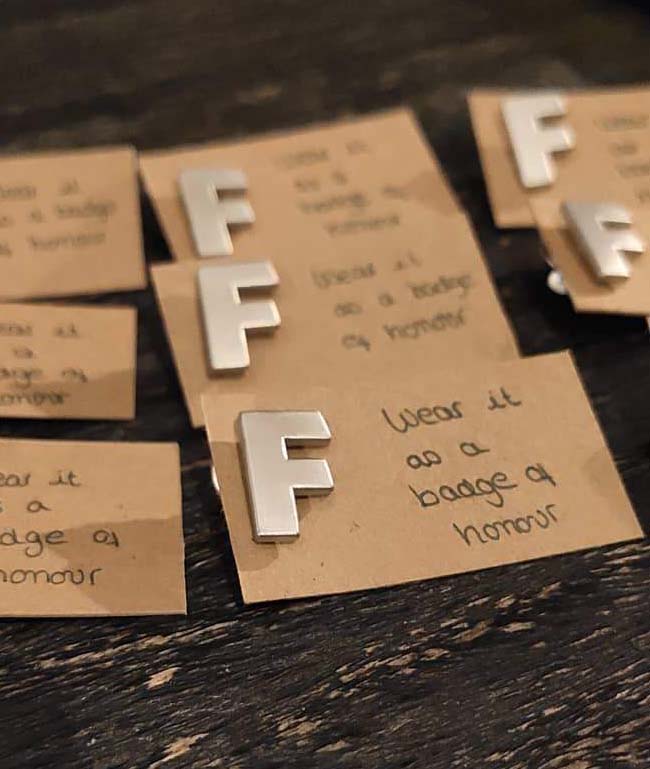
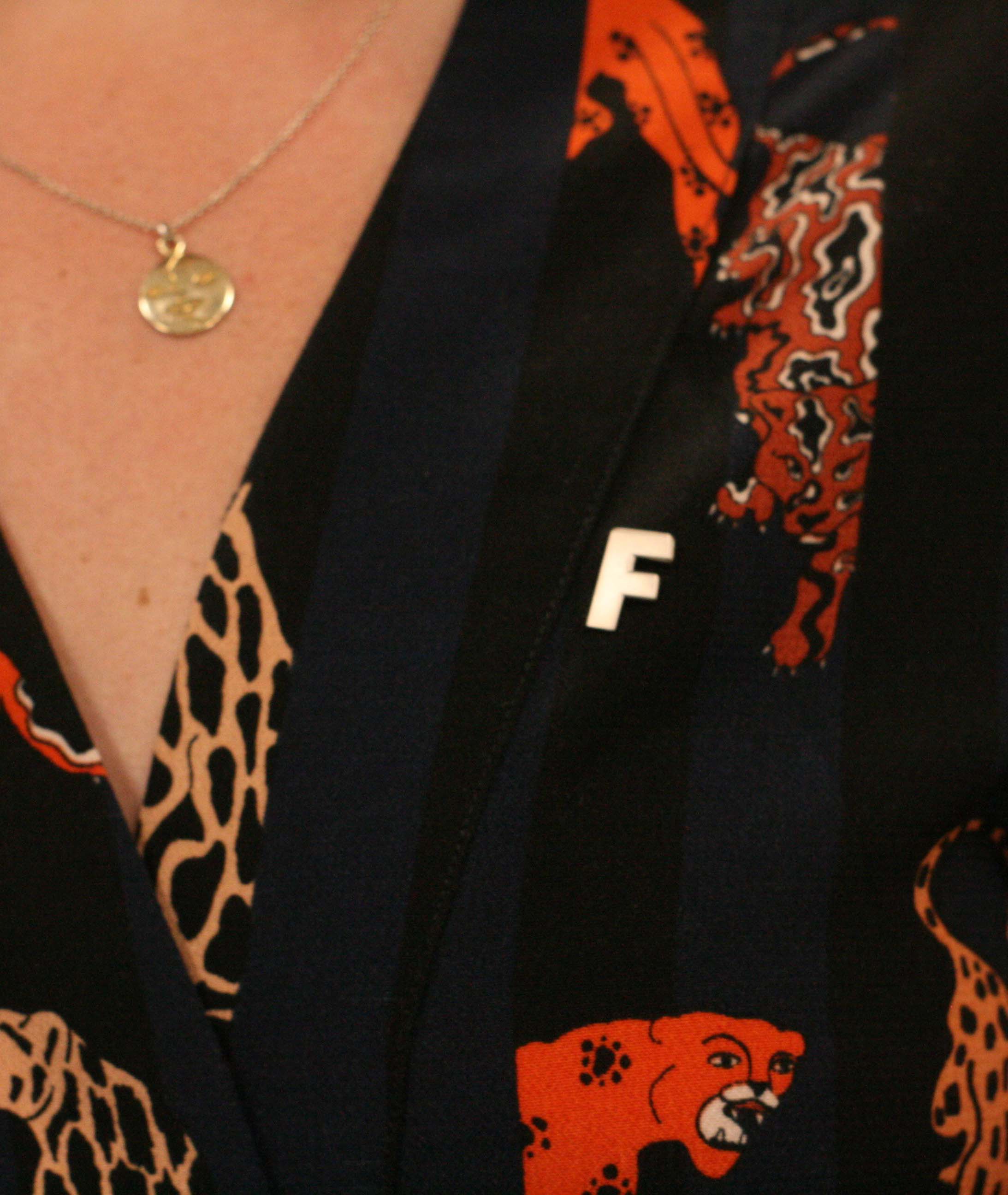
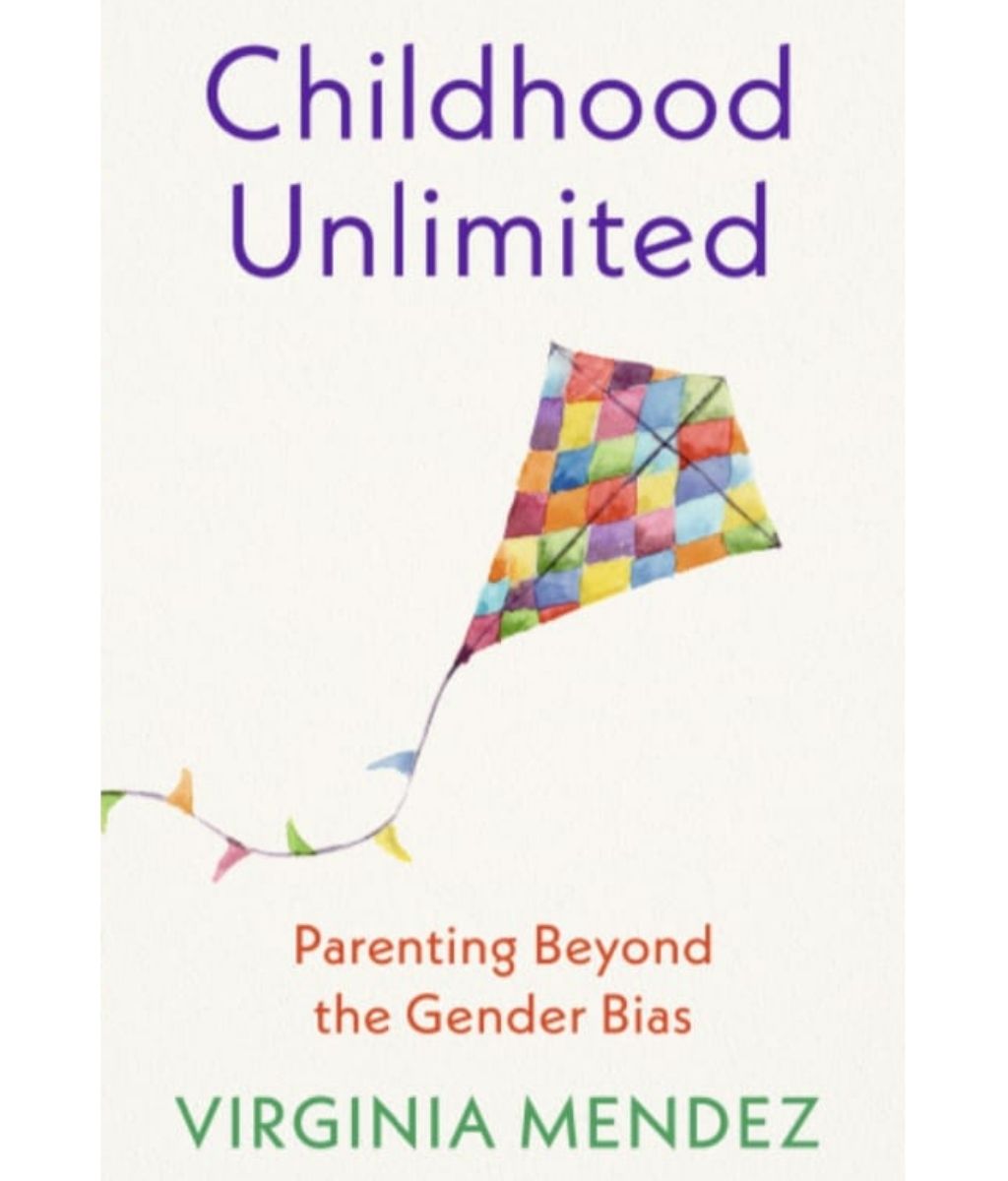




0 comments